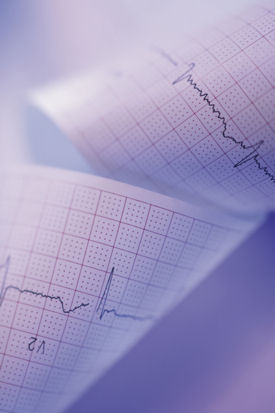July 2011

Reducing unnecessary testing
Efforts to test more judiciously represent a dramatic shift in the way physicians use tests to aid diagnosis and guide treatment.
For hospitalists, hard work doesn't mean higher pay
Pay per relative value unit differs by geography.
They read the literature so you don't have to
COPD, stroke and drug choice were among the hot topics in hospital medicine research last year.
Which insulin? What drug? When?
Intensity of insulin therapy may get all the press, but there are other dilemmas in inpatient glycemic control.
Some additions for your med list vocabulary
Twenty-one drugs were approved by the FDA last year. An expert details which of them are most likely to matter to hospitalists.
Non-physician providers in the hospital
The ways non-physician providers are integrated into hospital medicine practice vary widely, as do the associated salaries, responsibilities and experience.
Making the case for QI
Undertaking quality improvement projects is more difficult than ever, but certain strategies can help ensure success.
Technology helps to monitor hand hygiene
A new system at Princeton Baptist Medical Center in Birmingham, Ala., reduced health care-associated infections by about 20%.
ICU patients suffer symptoms silently
By the time a patient gets to the ICU, his symptoms aren't usually the focus of diagnostics or treatment. But that doesn't mean they aren't still bothering him.
Letter from the Editor
This issue discusses reducing unnecessary testing and includes coverage from Hospital Medicine 2011, held this May in Dallas.
Seven on/seven off: Readers respond
Readers respond to a recent opinion piece on seven on/seven off scheduling.
Recognizing acute respiratory failure
Acute respiratory failure is a common diagnosis, especially among patients admitted with heart failure, pneumonia or chronic obstructive pulmonary disease.
MKSAP quiz on diagnostic testing
These cases and commentary, which address diagnostic testing, are excerpted from ACP's Medical Knowledge Self-Assessment Program (MKSAP15).
Recent Research
Urinary test to guide pneumonia treatment, stroke risk after CABG, and more.
In the News
Central line infection rates, organizational characteristics of hospitalist groups, and more.
